Passwords. We all have lots of them these days. And yet we're told repeatedly to not reuse passwords and to make them strong. For most of us, that's an opposing set of directives. Unless you have some amazing memory, there's no way that we mere mortal
Research and publish the best content.
Get Started for FREE
Sign up with Facebook Sign up with X
I don't have a Facebook or a X account
Already have an account: Login
Get weekly or monthly digest of all posts in your inbox: https://fmcs.digital/wim-subscribe
Curated by
Farid Mheir
 Your new post is loading... Your new post is loading...

Martin (Marty) Smith's curator insight,
December 19, 2018 8:15 AM
Meeker is as close to Nostradamus as we are likely to get.

PredictX's curator insight,
March 19, 2018 10:12 AM
"Banks, airports, hotels and even public toilets are all trying to verify people’s identities by analyzing their faces." Another unnerving #bigdata trend to look out for in China.

Adam MacGregor's curator insight,
November 27, 2017 1:28 PM
An amazing guide on how to strengthen your digital profile. This link teaches you how to reduce the amount of info that goes onto the web.
|

Curated by Farid Mheir
Get every post weekly in your inbox by registering here: http://fmcs.digital/newsletter-signup/
|






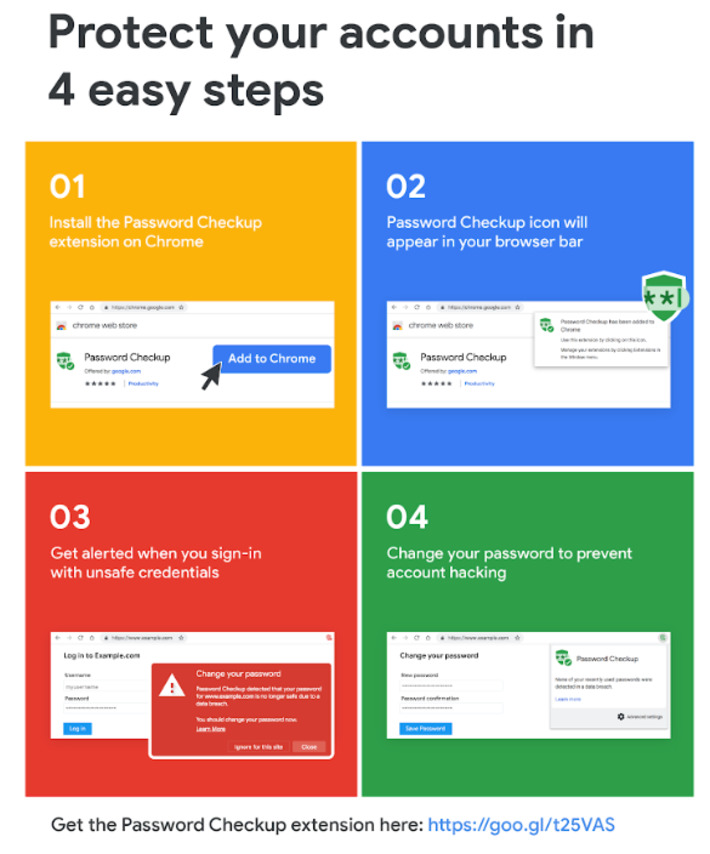
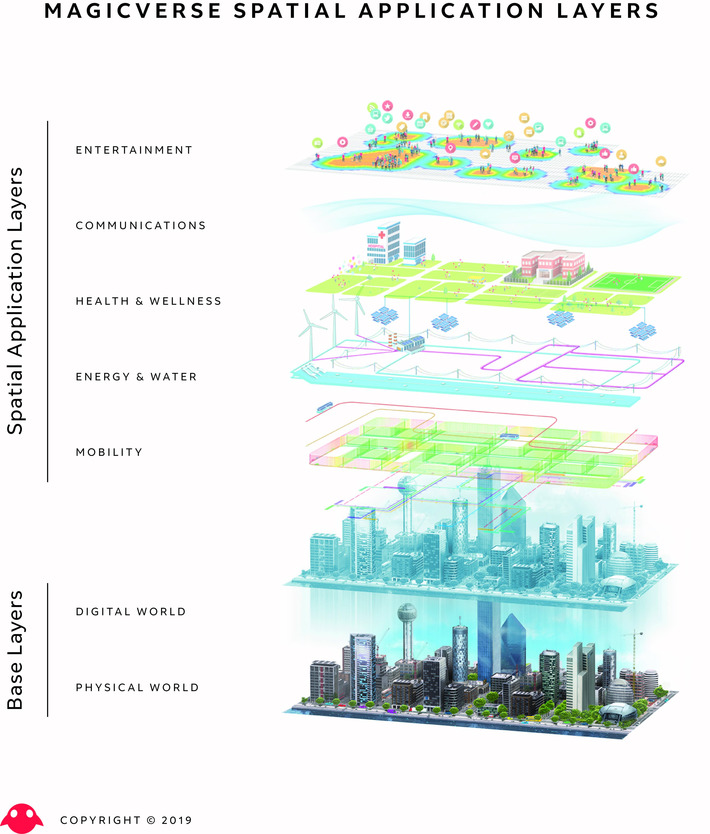
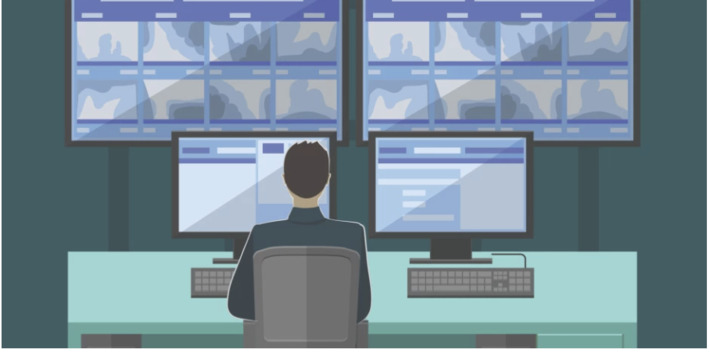




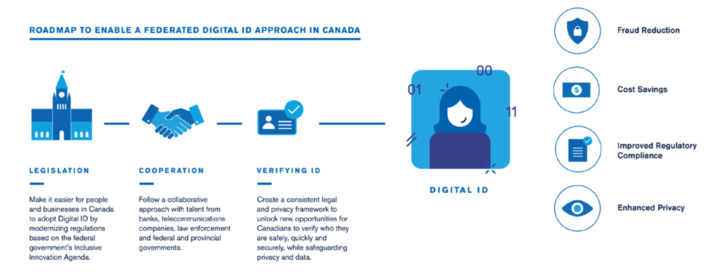




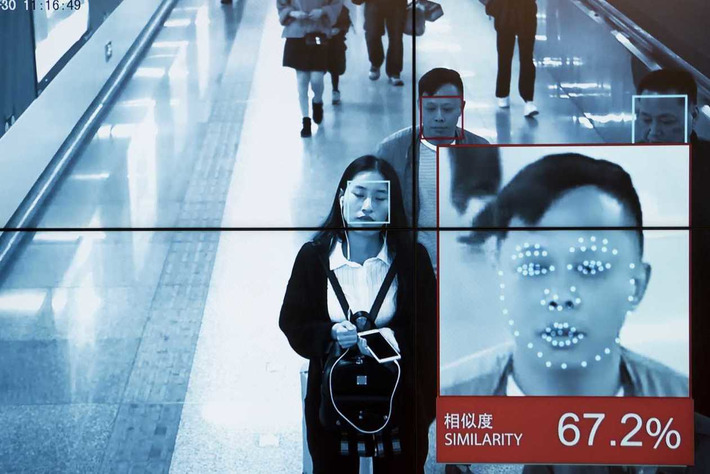


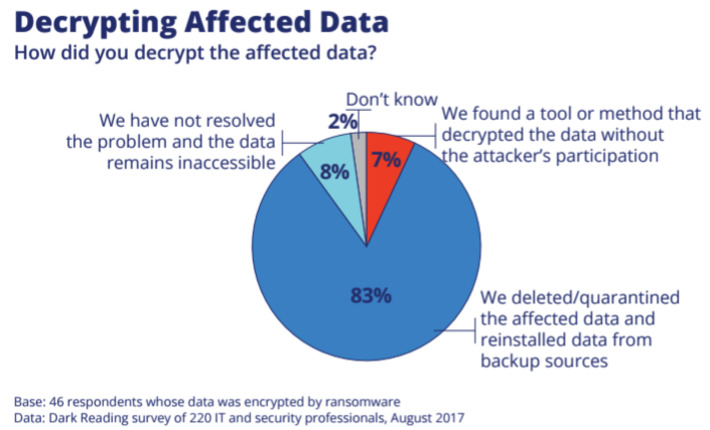


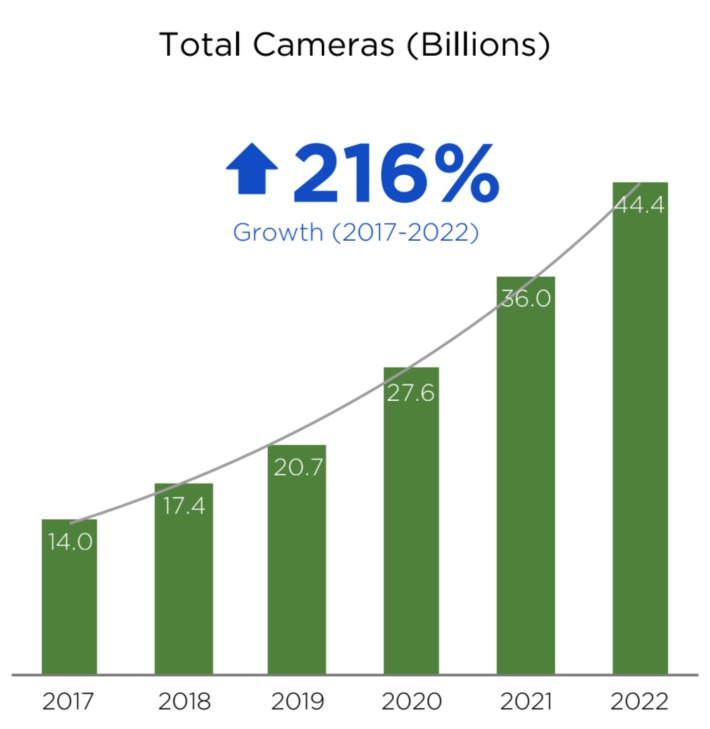
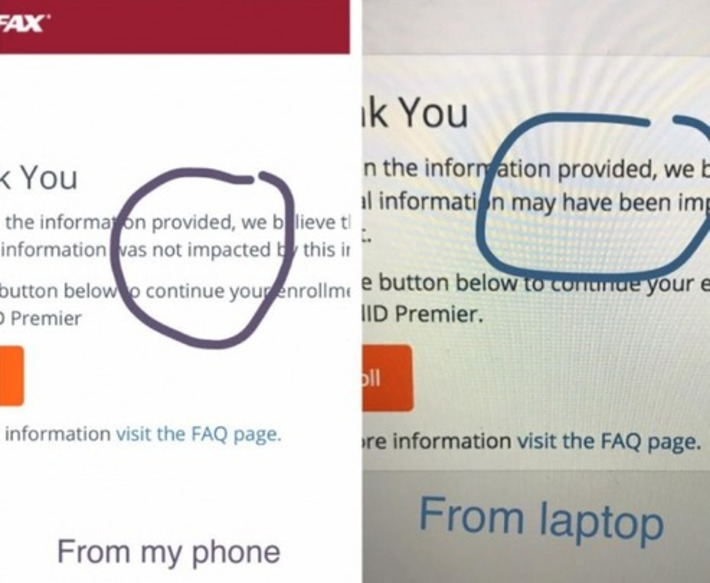




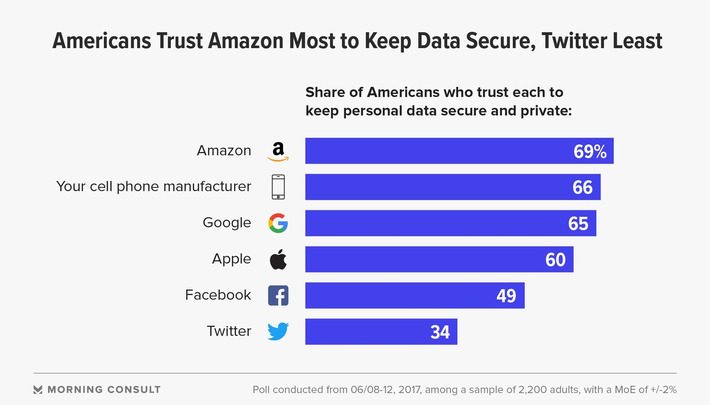








WHY IT MATTERS: remains as true this year as it was in the past.
Also read: https://zapier.com/blog/how-to-change-your-passwords/